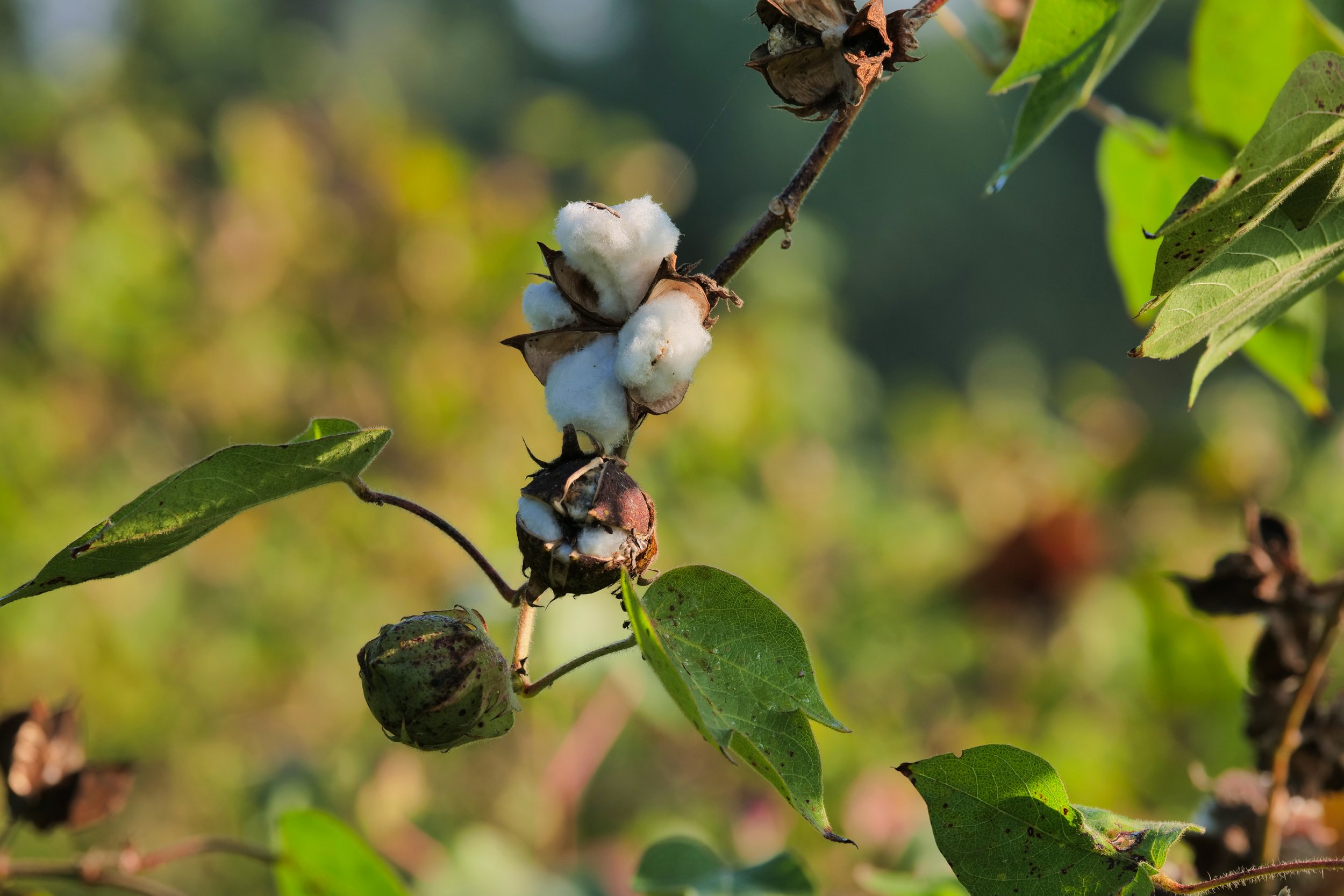New report amplifies voices of women cotton farmers at the frontline of climate change for International Women’s Day
Today, on International Women’s Day, CottonConnect celebrates the remarkable contributions of women – who make up 46% of the estimated 31.5 million cotton farmers worldwide. In the newly launched report, we highlight the vital role of women farmers in transitioning to a more sustainable future and emphasise the need for further training and support initiatives to help them achieve this.
Through the Women in Cotton programme, CottonConnect has spent the past decade empowering women to take charge of sustainable agricultural practices, lead climate action, and drive sustainability and resilience within their communities. By providing a background in literacy, numeracy, rights, and health, the programme enables women to take advantage of new livelihood opportunities - within cotton, or through supplemental income running their own enterprises. Designed to address inequality and stereotypes of women as mere ‘farm support’ or the ‘farmer's wife’, the programme recognizes the vital role women play, both on and off the field.
In 2023-24 alone, over 270,000 women participated in the programme. This new report brings together first-hand stories and experiences of female programme farmers from across India, Bangladesh, Egypt and Pakistan. Despite their potential as leaders in climate mitigation, women farmers face evolving challenges that limit their full participation, many of which were discussed during the roundtable event and focus group discussions CottonConnect hosted to inform the report. These include environmental challenges such as extreme weather events linked to climate change which disrupt yields, increase workloads, and impact livestock productivity, cultural norms that often deny women land ownership and decision-making power and create time poverty due to their additional household duties and family responsibilities, and lack of access to resources and training, as existing programmes and financial support tend to prioritise men.
Alison Ward, CEO of CottonConnect, said: "Climate change disproportionately affects women, and it's essential to bring the latest knowledge to farming communities, empowering women with the tools needed to mitigate climate shocks. While our innovations have proven effective, we will only be successful if we listen to and amplify the voices of rural women. The valuable insights from women who have participated in our Women in Cotton programme across the world will enable us to continue to evolve our training and support them in the challenges they face.”
From the input of the women farmers, some of the key impacts of the Women in Cotton training programme identified were:
Empowerment Through Climate Education: The Women's Climate Ambassador Programme has helped empower women farmers with a clear understanding of climate change, which has given them a stronger sense of control over their land and decisions. Participation also fostered confidence and social recognition, and farmers now engage in more decision-making within their households and communities.
Economic Gains: Women reported improved income through better farming techniques and resource management, leading to enhanced economic stability. Knowing the impact of their actions, they can better manage limited resources, adapt to climate variability, and maintain farm productivity.
Adopting Climate-Smart Agricultural Practices: Participants implemented practical, climate-friendly solutions such as improved water management, tree plantations, biopesticides, and crop diversification which led to increased farm productivity and contributed to environmental conservation by reducing reliance on chemicals.
Health benefits: Climate-friendly practices implemented on farms also help protect people’ s health. By adopting natural pest control methods, biofertilisers, and biopesticides, farmers reduced exposure to harmful chemical pesticides and fertilisers, minimising health risks associated with chemical exposure. Tree planting and agroforestry also help lower local temperatures and provide shade, mitigating heat stress for farmers and their families, especially in areas prone to extreme heat.
Community and Systemic Change: Cultural norms and societal barriers continue to hinder women’s full participation in agriculture. However, the programme helped shift perceptions among families and community leaders to better recognise and support women’s roles as farmers and climate stewards.
CottonConnect is now working to implement the learnings into its programme and wider industry and urges brands, retailers, and stakeholders to invest in targeted climate mitigation training for women and facilitate systemic changes that improve women’s access to resources and markets.
Read the report here































